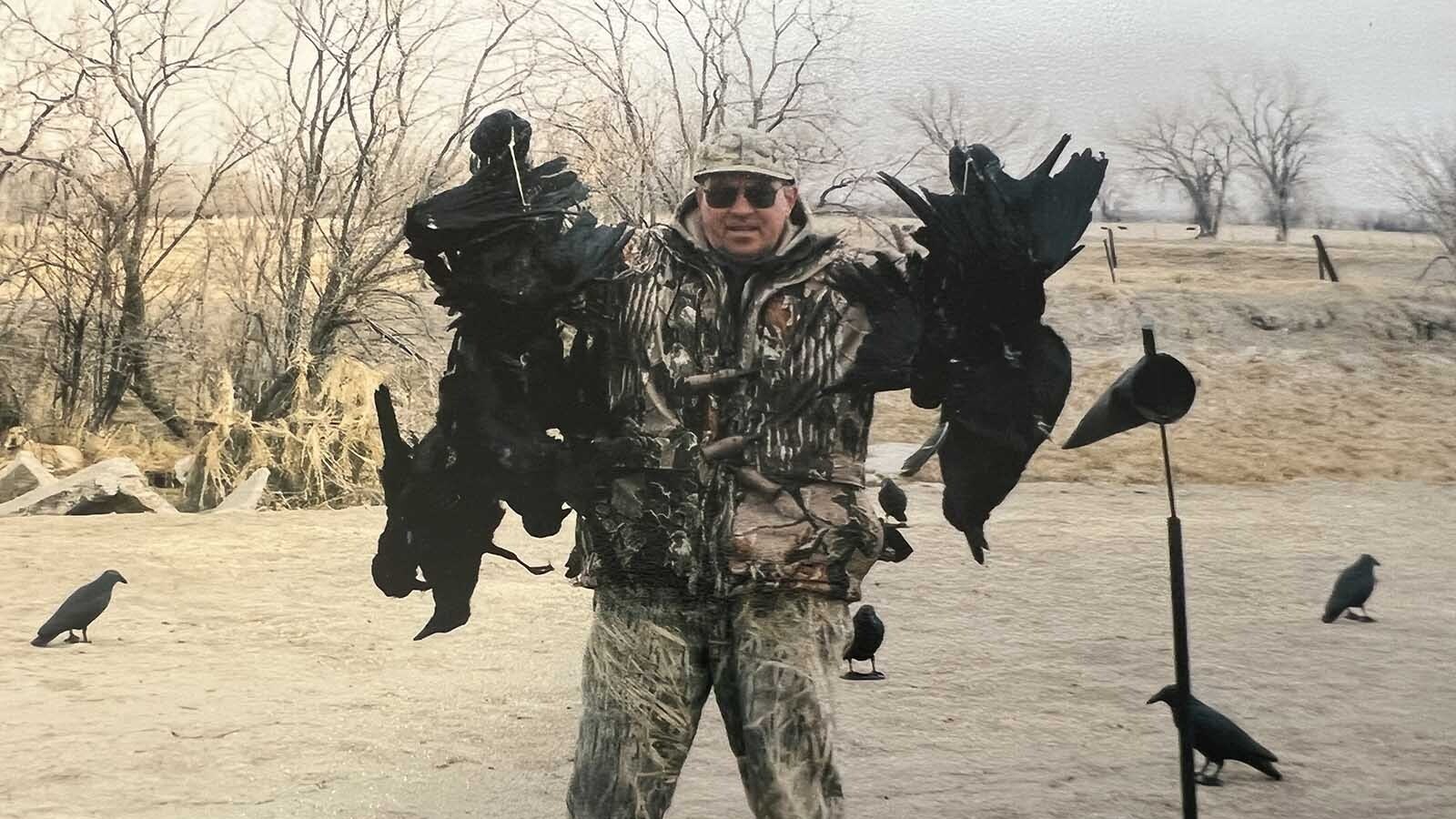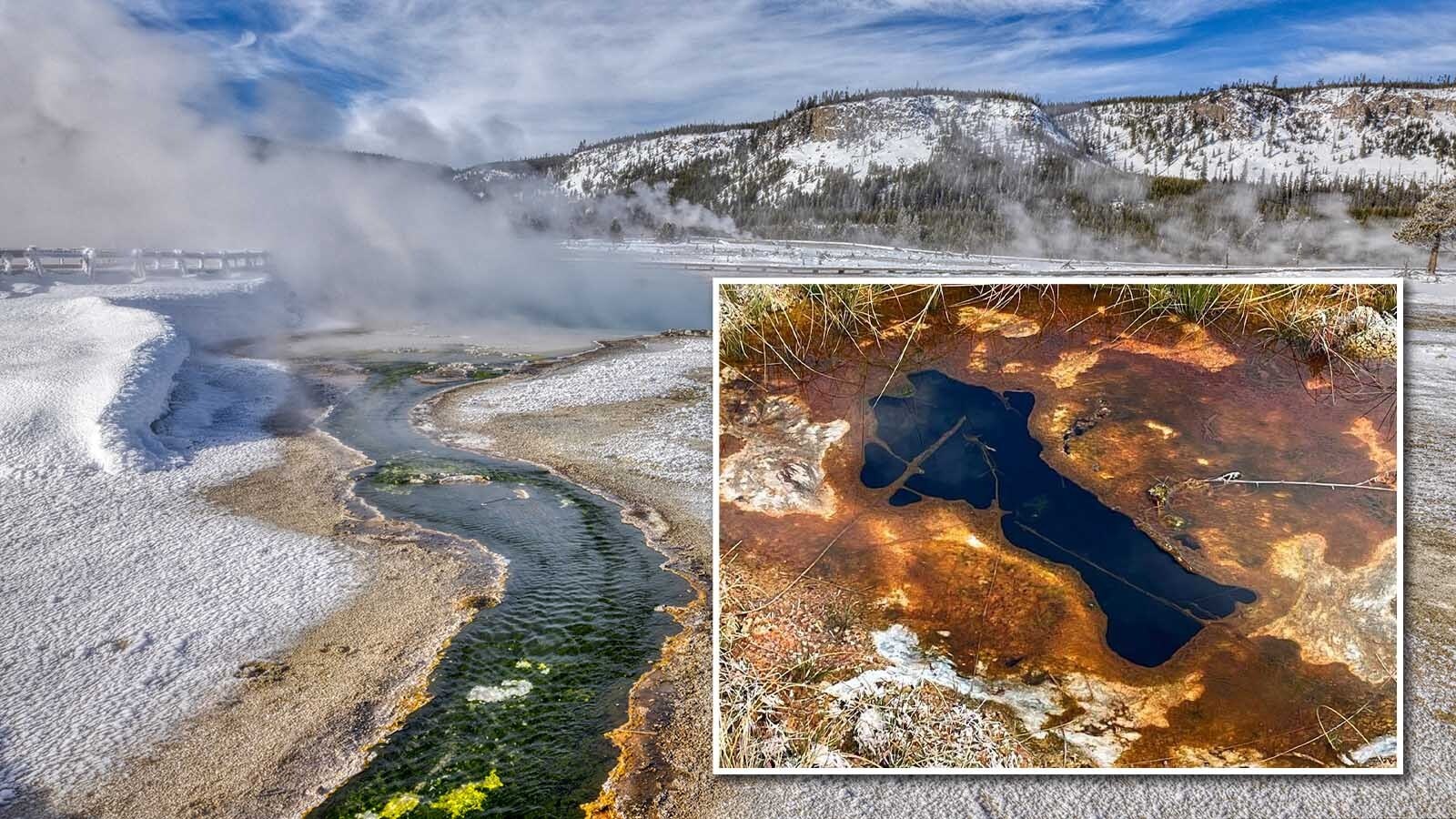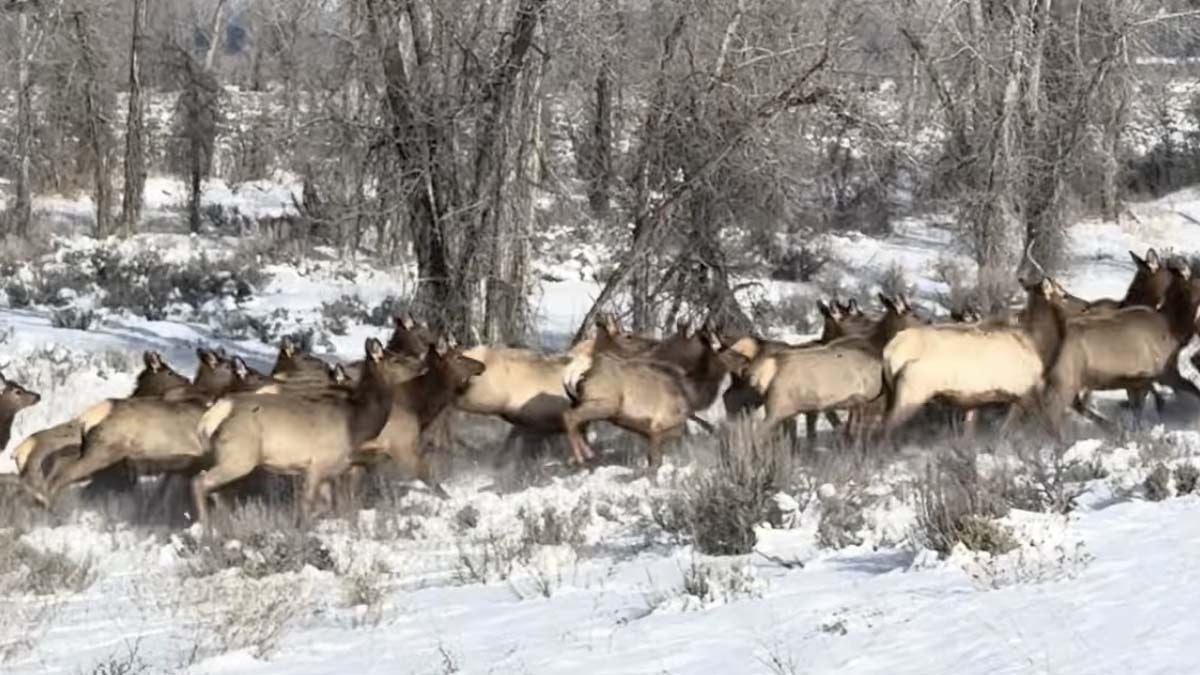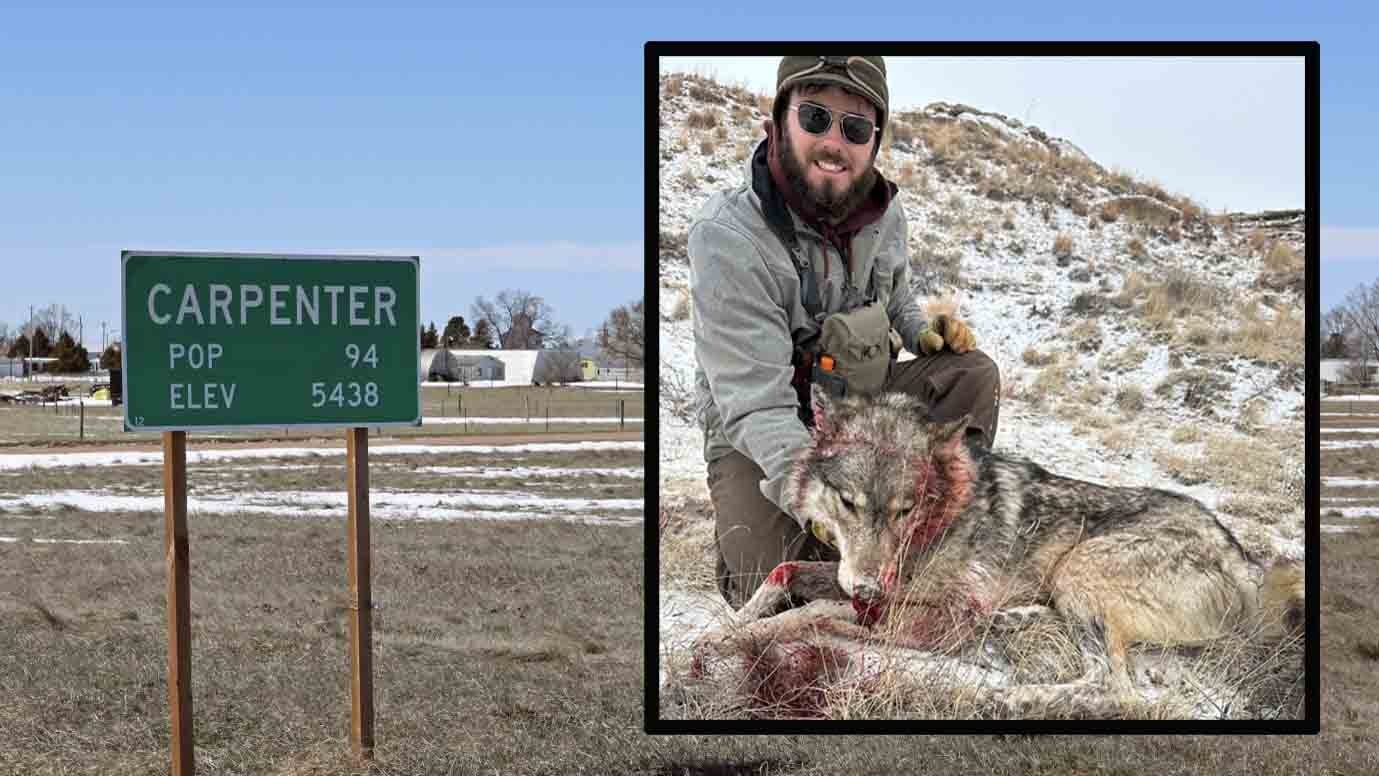Elk hunting in the West has changed and will probably never go back to what it once was.
Hunters in Wyoming, as well as Montana, Idaho and Oregon, are finding themselves in a frustrating quandary. In many places, there’s more elk now than at any time in living memory.
But getting to them can seem impossible.
Land Getting Bought Up, Locked Up
That’s frequently because wealthy out-of-staters buy up huge tracts of land and cut it off from hunting. And the elk, not being stupid animals, quickly learn hide there.
There are workarounds for other challenges facing Western hunters these days, some hunting insiders told Cowboy State Daily.
But the growing trend of wealthy estates becoming elk havens perplexes them.
“I don’t know how to fix that one, to be honest. If you’re a billionaire, and you go to Wyoming and buy yourself a 30,000- or 40,000-acre ranch just because you can, and (then) don’t allow hunting,” said Sy Gilliland, president of the Wyoming Outfitters and Guides Association.
It’s much the same across the West, said Blake Henning, the chief conservation officer for the Missoula, Montana-based Rocky Mountain Elk Foundation (RMEF).
“Oregon has got some issues now,” he said. “It’s broader than just Wyoming. It’s going on in several states. Elk numbers are robust and growing in many of these places.”
There is widespread concern over elk gravitating toward private land where hunting isn’t allowed, Henning said.
“In Montana, we have out-of-state folks coming in, buying up large properties and not allowing hunting,” he said. “They’re not traditional ranchers, they won’t allow hunting, and the elk take refuge there.”
Getting Access
Among ranchers who allow access, controlling who gets on the land is a concern.
Outfitters’ out-of-state clients sometimes getting in before resident hunters has also caused friction, Gilliland said.
But it’s important to keep the ranchers’ perspective in mind, he said. If elk are gobbling up enough forage to cause financial losses, the lease payments those outfitters pay can make up the difference.
“Sometimes the only way that a landowner can recoup any money for all the grass he’s losing to elk is leasing out access. And the non-resident hunter is willing to pay for that access,” he said. “There’s nothing that stops a group of resident hunters from forming a club and leasing land for hunting.”
In some areas, the Wyoming Game and Fish Department will compensate ranchers for forage lost to elk, with the stipulation that they allow “reasonable access” to hunters.
Ranchers might hesitate to grant broad access to their land, because some hunters aren’t particularly skilled at getting elk, Henning said.
In Montana, RMEF offers “master hunter” programs to help hunters hone skills such as game tracking and marksmanship, Henning said.
The organization also helps fund hunt managers, who can act as liaisons between hunters and landowners.
Hunt managers can field access to permission hunts and screen prospective hunters, saving ranchers the trouble.
“The ranchers don’t want to deal with the hunters calling them all the time, asking for access permission,” Henning said.
RMEF’s goal is to get as much hunter access as possible, he added.
“The hunters have to be the answer. The hunters have got to have access to go trim those elk numbers,” he said.
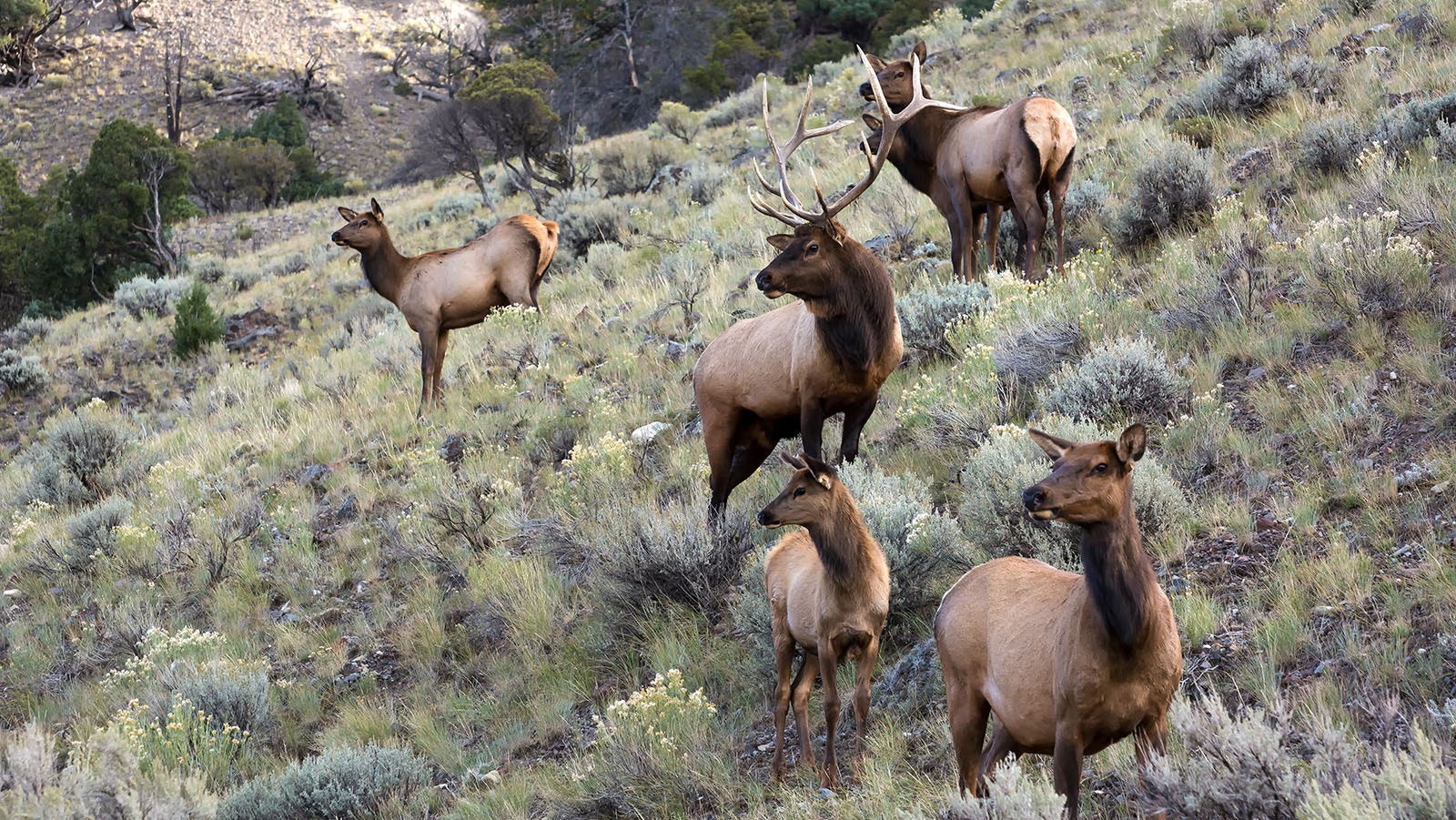
Predators In Play
Henning said that large predators, such as mountain lions, bears and wolves, can also push elk off public land and into closed-off private property.
And while elk numbers, overall, have been booming across the West, there are places where wolves have cut the herds down, Gilliland said.
Elk herds around Jackson and the National Elk Refuge have been diminished by wolves, he said.
“There’s a good 10,000 fewer elk coming into the elk refuge than we had coming in pre-wolves,” Gilliland said.
Changing Hunters, Changing Land Uses
Gilliland also thinks hunters themselves have changed over the past few decades.
“Hunters have changed a lot. They don’t come out all week, they want to go out on ATVs,” he said. “They don’t go out on their horses like they used to. They don’t hike in like they used to.”
The outdoor recreation landscape has also changed, Henning said. Whereas hunters typically had the fields, mountains and woods practically to themselves during the fall, that’s increasingly not the case.
“Year-round” outdoor recreation among non-hunters has skyrocketed, particularly since COVID lockdowns inspired more people to look to the outdoors as an escape, he said.
“Mountain biking has really taken off, as well as the number of hikers just out there enjoying the trails,” Henning said. “It used to be just loggers and hunters out in the woods during the fall. But not anymore.”
Bright Spots
Despite the challenges, hunters still adapt to the new style of elk hunting, Gilliland and Henning said.
Much can be done to improve the condition of public lands in tempting elk to stay there rather than going to hide on private property, Henning said.
Hunters can pitch in toward funding game agency projects. Or, they can put in boots-on-the ground volunteer time on habitat improvement, such as removing old, abandoned fences on public land, he said.
Gilliand had high praise for Game and Fish launching the type 8 elk hunting tag program this year.
Those tags allow hunters to shoot more cow elk, mostly on private property.
“That was a stroke of genius on Game and Fish’s part,” he said.
That will help hunters who might have access to private property, but couldn’t previously draw hunting tags for those areas, Gilliland said.
“I’m hoping that’s the holy grail of getting elk licenses in the hands of people who have access to private property,” he said.
Mark Heinz can be reached at mark@cowboystatedaily.com.


